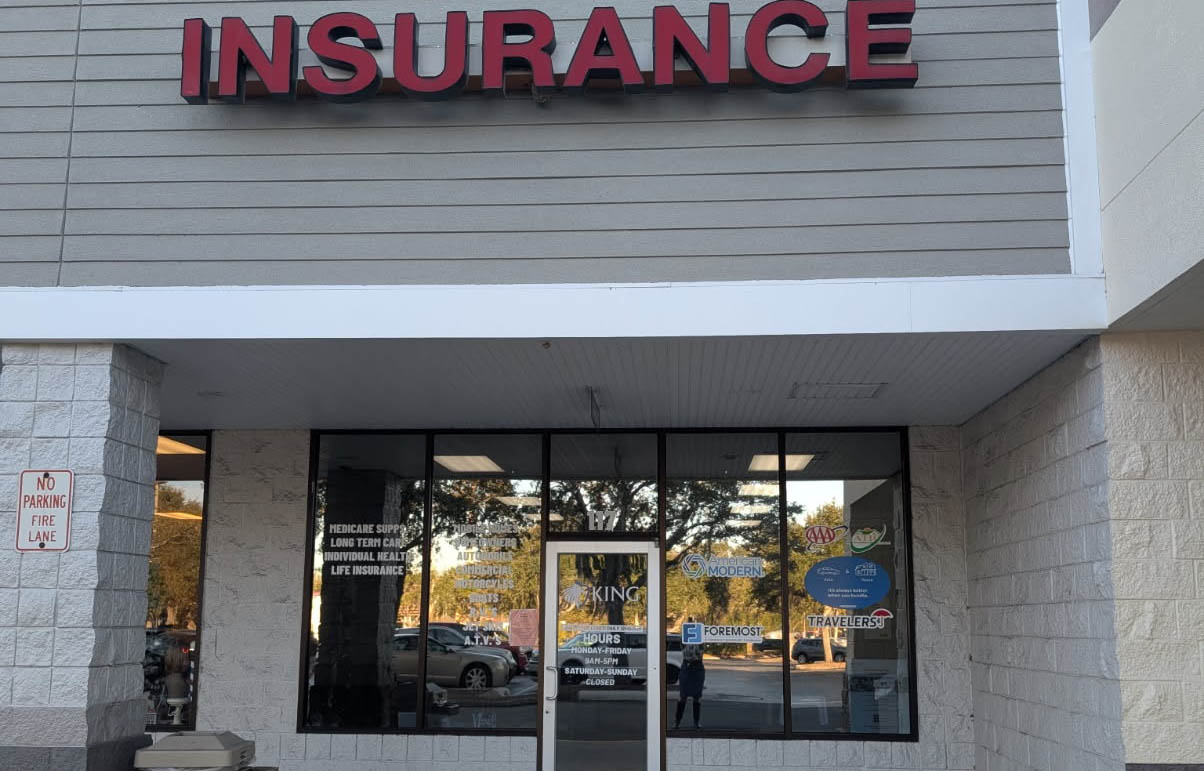Market slowdown: What to look for in a 1031 exchange later in the real estate cycle - by Michael Packman

PNI Equities
While prices have remained high, we are definitely seeing signs of slowing in the market overall. As there always are, the first signs of topping process may already be showing. In areas like New York City, with prices at highs and cap rates at historic lows, combined with a huge amount of new construction continually being made available, we could be setting up for the next decline. A recent walk around SoHo alarmed me a bit by the amount of retail space available. When a market is slowing, retail is usually the first to show. In secondary markets, most sectors have continued to push higher because of investor sales in primary markets looking to achieve higher returns. This has helped the securitized exchange market which have been selling out at a pace not seen since before 2008. This market has benefited from investors looking to diversify into these areas that are outside of their expertise and locality. The DST structure allows investors to leave the management to sponsors that have the experience and presence in select markets. The DST market has been active in NNN and class A/B multifamily for quite some time and has helped to push prices higher in these markets. Class A/B multifamily cap rates in these areas range between in the 5-6% while NNN yields are even lower. Due to where we are in the current cycle, sponsors are looking for creative ways to provide value to their investors.
With interest rates on the rise and a potential market topping process beginning, this is the time when you want to make sure you evaluate the risks of any replacement property carefully. It is important to understand what the effects of a declining market, rising interest rates or in a worst case, both would have on the investment. When considering an exchange, a key factor to evaluate is leverage. As we all know, when utilizing IRC code section 1031, you must replace the debt you currently have in place. With interest rates still low, it can be tempting to take on more debt. While this may increase your overall yield, it is important to take note of the additional risk you may be taking on prior to increasing leverage through the acquisition of your replacement property.
Of the over $900 million raised so far in DST’s this year, more than half has been in apartments. This was the one asset class in the securitized real estate space that weathered the storm during the last recession. As we know, past performance does not assure future results, however, it can be a place to start. One sponsor was able to bring the first multifamily DST with HUD financing to the market. Traditional DST financing has been CMBS debt, which normally carries a maximum of 10-year maturity. With the combined risks of lower cap rates and the likely potential of increasing rates, having an assumable 30-year loan in place at today’s low interest rates has been well received.
Another factor to consider is your overall tax equivalent yield. One advantage to investing in real estate, including some DST’s, is that it can generate passive income. If you have previous passive losses, this can substantially increase your tax equivalent yield. For example, if you have $1 million in passive losses, the next $1 million in passive income you make is offset by those losses. While most people know this works for real estate they own and manage independently, many do not know that it is possible with DST’s as well. This knowledge can be helpful when deciding whether or not to do an exchange when evaluating the over benefits of a new property.
Michael Packman is the chief executive officer and Brian Sidman is a managing partner at PNI Equities, a division of PNI Capital Partners, Westbury, N.Y.
PNI Capital Partners Inc. is a branch office of, and offers securities through Axiom Capital Management, Inc. member FINRA/SIPC. PNI Capital Partners, Inc. and Axiom Capital Management, Inc. are independent of each other. PNI Capital Partners does not offer tax advice. Please consult your tax professional for tax advice.
Delisle and Monahan of Island Associates lease 45,000 s/f to Giunta’s Meat Farms at Strathmore Commons


Lasting effects of eminent domain on commercial development - by Sebastian Jablonski

Behind the post: Why reels, stories, and shorts work for CRE (and how to use them) - by Kimberly Zar Bloorian

Strategic pause - by Shallini Mehra and Chirag Doshi









.jpg)

.gif)